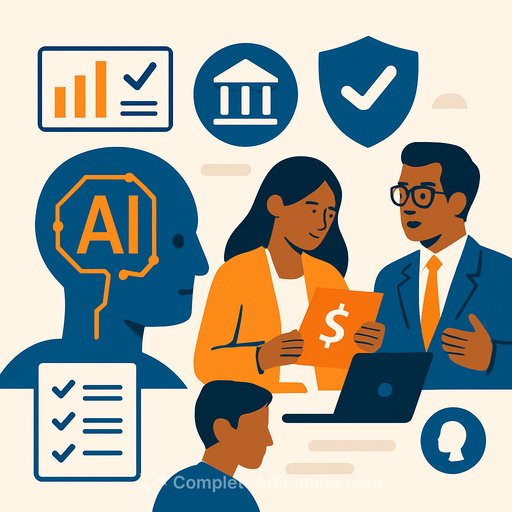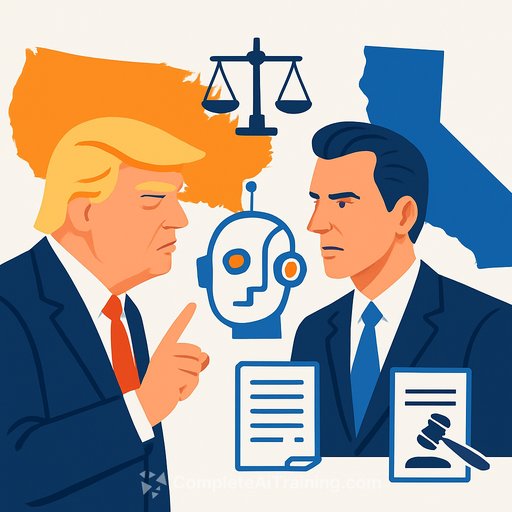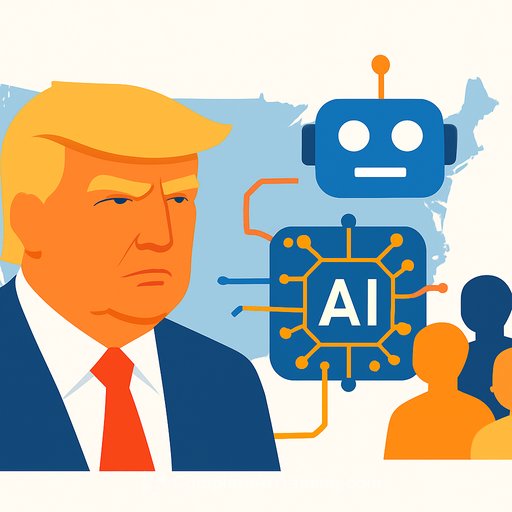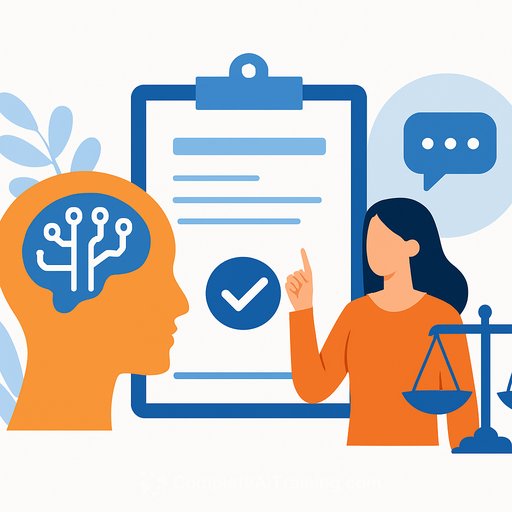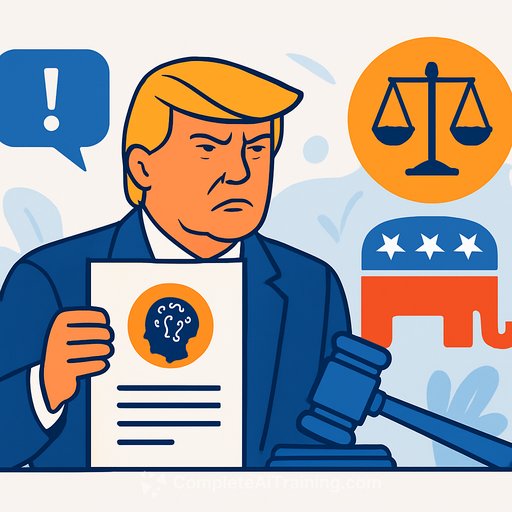AI in Tax: Trust, Governance, and the Rise of Digital Specialists
Artificial intelligence is increasingly integrated into tax advisory services, changing how legal professionals approach compliance and risk management. However, adopting AI tools in tax requires careful consideration of trust, governance, and legal standards to ensure responsible use.
Building Trust in AI-Driven Tax Solutions
Trust is essential when using AI in tax advisory roles. The outputs generated by AI systems must be transparent and explainable to legal teams and clients. Without clear understanding, it becomes difficult to rely on AI for critical tax decisions.
Establishing trust involves validating the accuracy of AI models and regularly auditing their performance. Legal professionals should demand clear documentation of AI methodologies and ensure these tools comply with relevant regulations.
Governance: Ensuring Compliance and Accountability
Governance frameworks are necessary to oversee AI usage in tax functions. These frameworks define who is responsible for AI decisions, how data privacy is maintained, and how compliance with tax laws is monitored.
Strong governance also means setting boundaries for AI applications to prevent misuse or errors that could lead to legal liabilities. This includes strict controls on data input quality and ongoing monitoring of AI-generated recommendations.
The Emergence of Digital Tax Specialists
The rise of AI in tax has given birth to a new breed of professionals—digital tax specialists. These experts combine tax knowledge with technological skills to manage AI tools effectively and interpret their outputs.
Digital tax specialists act as a bridge between traditional tax advisory and technology, ensuring that AI integration adds value without compromising legal and ethical standards.
Practical Steps for Legal Professionals
- Assess AI tools critically before integrating them into tax workflows.
- Demand transparency and auditability from AI solutions.
- Establish clear governance policies for data management and AI oversight.
- Invest in training to develop digital tax expertise within your team.
For legal professionals interested in expanding their AI knowledge in tax and related fields, exploring specialized training can be valuable. Resources like Complete AI Training's courses for legal and tax specialists offer practical guidance on leveraging AI responsibly.
Integrating AI into tax advisory services is not a question of if, but how. Prioritizing trust, governance, and developing digital expertise will help legal teams use AI tools effectively and compliantly.
Your membership also unlocks:

